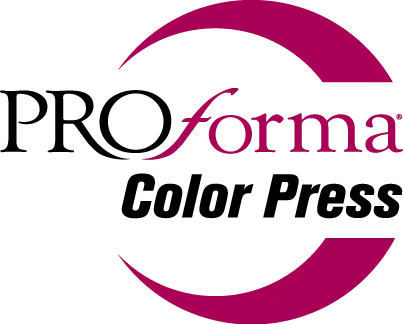You Can’t Automate the Care, Skills of People Who Fix Things
- Updated on: 2019-08-02
- Read original article here
The organization that Andrew L. Russell, Ph.D., the dean of the College of Arts & Sciences at SUNY Polytechnic Institute, and Lee Vinsel, Ph.D., assistant professor of science, technology, and society at Virginia Tech, launched several years ago is called the Maintainers. It’s described on its website as “a global research network interested in the concepts of maintenance, infrastructure, repair, and the myriad forms of labor and expertise that sustain our human-built world.” Members of the Maintainers include engineers and business leaders, academic historians and social scientists, government agencies and NGOs, nonprofits, artists, activists, coders, and more.
Which sounds auspicious, but it started almost by accident. About five years ago, when both Russell and Vinsel were colleagues at Stevens Institute of Technology, they were discussing Walter Isaacson’s new book The Innovators: How a Group of Hackers, Geniuses, and Geeks Created the Digital Revolution. As historians of technology and business, Russell told Convene, they were “fed up” with how their field had “become saturated with ‘innovation-speak.’”
Russell joked to Vinsel that they should write “a counter volume called The Maintainers: How a Group of Bureaucrats, Introverts, and Standards Engineers Created Technologies that Kind of Work Most of the Time,” he recalled. “We both write about standards and the creation of standards, so the joke resonated with our experiences. Vinsel then turned around and wrote a little blog post about it, which, much to our surprise, really resonated with our community.”
So much so that the two decided to hold a workshop for scholars working in history, anthropology, sociology, science, and technology in 2016 on the Stevens Institute campus. Russell said they “were just blown away” by the response. “We thought it’d be about a dozen of our friends who’d come and talk, and I think we had about 60 papers and about 100 attendees, which really took us by surprise.”
Russell and Vinsel decided to host the event again the following year. “We had in mind a progression of these meetings to include more practitioners, more people who actually do maintenance work or manage maintenance work,” Russell said, “because what we learned right away is that academics talking about something in our detached way was interesting, but wasn’t really good at getting at the essence of the issue, which is really to pull out how the actual workers feel about their own work.” For the second event, a pre-workshop was held with CEOs and other practitioners, which Russell said went over really well. The two signed a contract to write a book, got some press, including a piece in The New York Times, and were interviewed on Freakonomics Radio.
The conference skipped a year, since both had relocated and left Stevens, where the event had been held. But they decided that it was important to continue the conversation to embrace more practitioners, Russell said, “and especially speak to policy makers and their staffs.” So Gallaudet University in Washington, D.C., will host Maintainers III this year, Oct. 6–9.
Now that Russell has gotten more involved in planning the logistics, strategy, and content for a four-day event, he said that he sees parallels between teaching and event planning. “The university’s a great example of a set of values and practices that have been around for centuries and centuries, and there’s something really important that needs to be maintained in the essence of the university as well as in our core functions, which is delivering classes, keeping the trains running on time on the tracks, and so forth. So, we have more in common than I even suspected,” he said.
What does Russell think of the World Economic Forum’s “Future of Jobs 2018” report, which lists a number of what they call “redundant roles” — including installers and repairers, and operations managers, for example, that fall under the Maintainers umbrella?
“Yeah, I mean, I just don’t believe it,” he said. “It’s a lot of hype.” He recalled how Freakonomics Radio host Stephen Dunbar had asked him when he was on his show to imagine a future scenario in which there would be self-cleaning airport bathrooms. “And no,” Russell said, “we really can’t imagine that. It’s just kind of a strange concept. I mean, I guess if people are all hepped up on the automation of this and that and everything else, but there are so many aspects of manual labor or skilled labor that just can’t be replicated.”
In addition to cleaning jobs, Russell said that he’s heard medical and teaching roles come up as ripe for automation. “One common thread across all those is the idea of care,” he said. “The people whose job it is to maintain those spaces or those patients or those students — the ones who are good at it — have an ethos of care. They’re not just doing it for a paycheck. I mean, the paycheck matters, and the truth of the matter is, we don’t pay those people enough, and there’s a whole spiel there that I think is important to cover. But, the basic notion is that if they care about something, they’re good at it.”
Russell traced that insight to a feminist philosophy — a field called Ethics of Care — that he said makes “a nice connective tissue across a lot of the different domains that we’re looking at.”
When you can automate care, Russell said, “then talk to me about replacing these jobs.” He called to mind “the guy who fixed my phone” and the people who came to fix his roof. Technology and automation are nothing new — this has been going on for centuries, he said. “But there’s a reason why there are a number of roles that are resistant to automation, and one big reason is because of the care and skill of the people who perform that work.”
Images Powered by 


